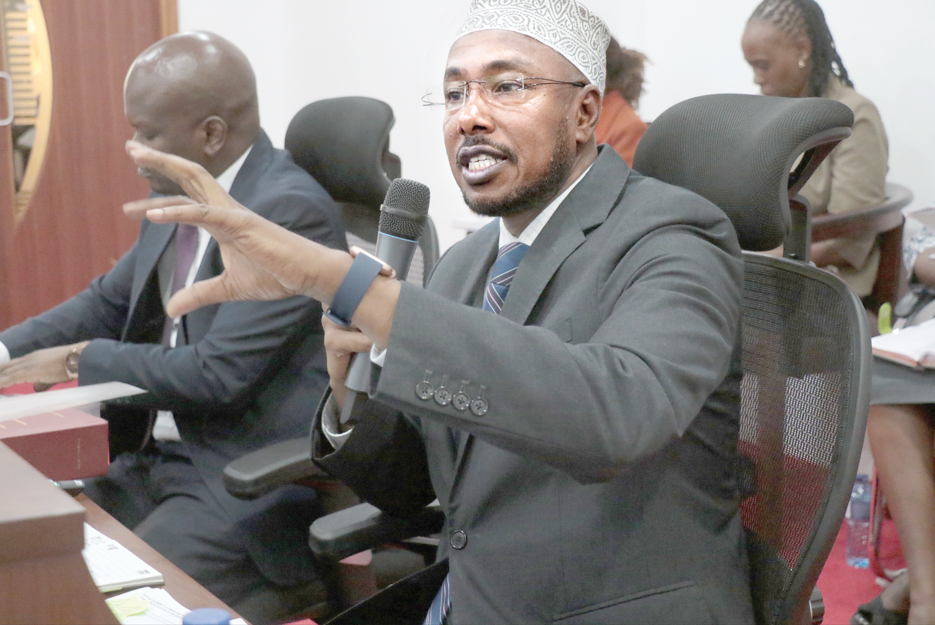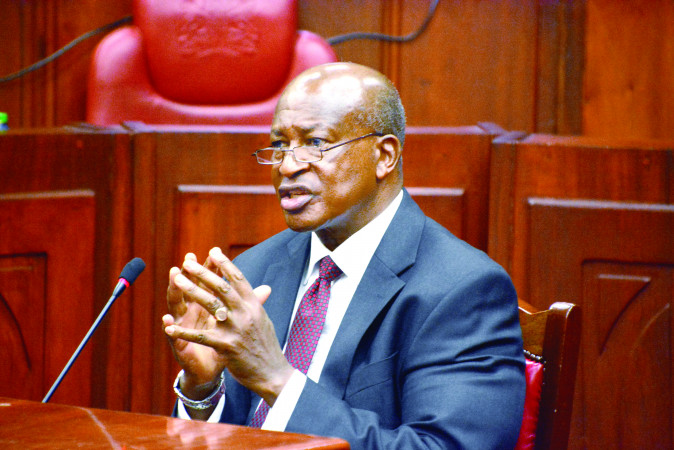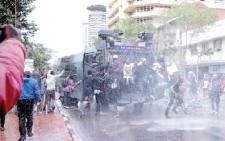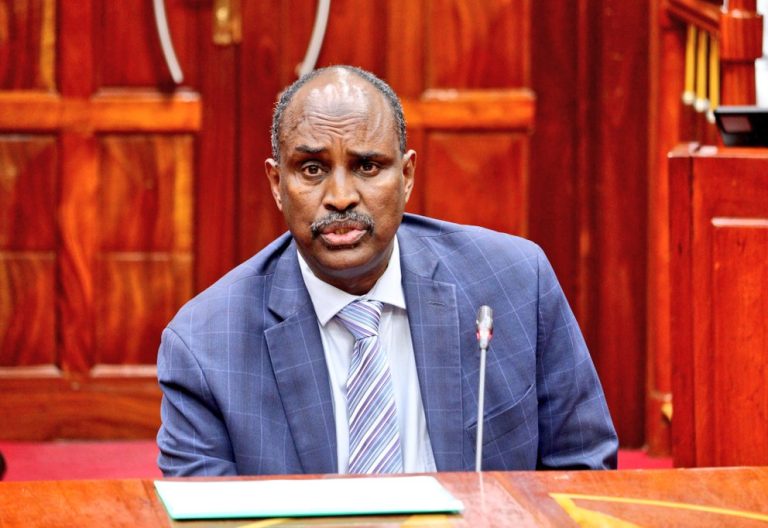Protests after ban on direct funding of electoral activities
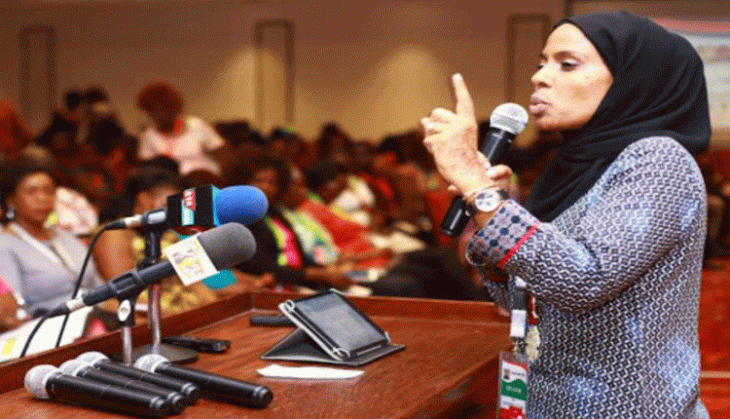
Centre for Multiparty Democracy-Kenya (CMD-K) yesterday termed an attempt by the government to ban donors from directly funding any programmes or activities related to the 2022 General-Election as dangerous and ill-intended.
CMD’s protest came as the Independent Electoral and Boundaries Commission (IEBC) indicated that the ban has grounded some of its key activities and it will not be able to sufficiently train its polling officers in readiness for next year’s polls.
The commission has since raised fears that it may fail to conduct the second phase of mass voter registration with the first phase expected to come to a close in November.
In an interview with People Daily yesterday, CMD chairperson, Nominated Senator Abshiro Halakhe, said the government’s decision to ban direct funding from donors and other development partners may stifle preparations towards the 2022 election as it affects many players in the management and support of a free and fair election process, including IEBC.
“This directive by the Government to the donor community as spelled out in the note is an affront to the democratic gains that Kenya has made over many decades and can only be interpreted as an attempt to claw back such gains,” said Halakhe.
Necessary environment
She went on: “It is imperative therefore, that the Government is seen as an enabler in creating the necessary environment, appropriate for the growth of multiparty democracy and free and fair elections.”
“The directive has further greatly paralysed functioning of organizations that facilitate electoral matters including the Centre for Multiparty Democracy and political parties,” she added.
While engaging with the Political Parties Liaison committee on October 5, IEBC Chairman Wafula Chebukati also protested the move to cut off donors saying the continuous outside funding had enabled his commission to run activities and operations flawlessly.
The electoral commission has in the past benefited from donations running into billions from development partners like the United Nations Development Fund (UNDP).
Between 2015 and 2018, the UNDP’s Support to Electoral Processes in Kenya wired a Sh2.6 billion to IEBC, the Judiciary, civil society, the Office of the Registrar of Political Parties and other independent institutions engaged in the electoral process.
However, In July of this year, the Government through the Ministry of Foreign Affairs issued a ban to all diplomatic missions, international organisations and other foreign entities interested in supporting Kenya’s preparations towards the 2022 general election directing them to wait for the expression of such need from the Government.
Further, the Government required all the said organisations currently engaged in any programmes or activities related to the 2022 General Election through Government institutions, community based organisations (CBOs), faith-based organisations and the media to immediately inform the Ministry of Foreign Affairs through official channels of such support in order to formalise such arrangements.
In a protest letter to the Ministry of Foreign Affairs, Chebukati said the appointment of an official of the ministry to monitor funding by donors to the commission was a threat to the independent operations.
He reiterated that the commission’s independence in the performance of its functions which shall not be subject to the control of any authority as envisaged in the Constitution.
He however extended an olive branch to the commission saying his team were ready to engage the ministry for logistical support but opposed plans to stifle it by denying it foreign funding.
“The commission requires logistical support from your office for the realisation of its mandate and not the intended stifled constraints and/or bottlenecks on financial assistance that have been envisioned in the aforesaid letters,” said Chebukati.
“If you are stopping the commission from getting assistance from donors, then the National Treasury must fund it 100 per cent in terms of the proposed budget,” he added.
According to IEBC estimations, the high stakes 2022 polls will require a Sh40.9 billion budget but the National Treasury through Parliament had allocated Sh26.9 billion, leaving a deficit of Sh14.6 billion and making the process the most expensive through last minute procurement.
